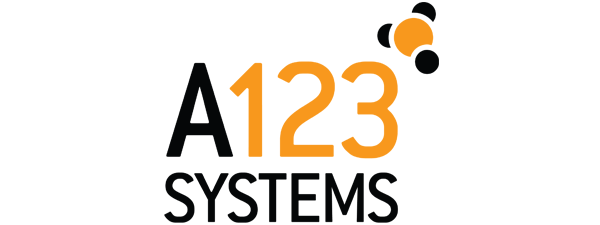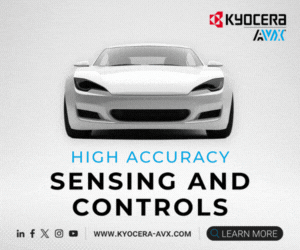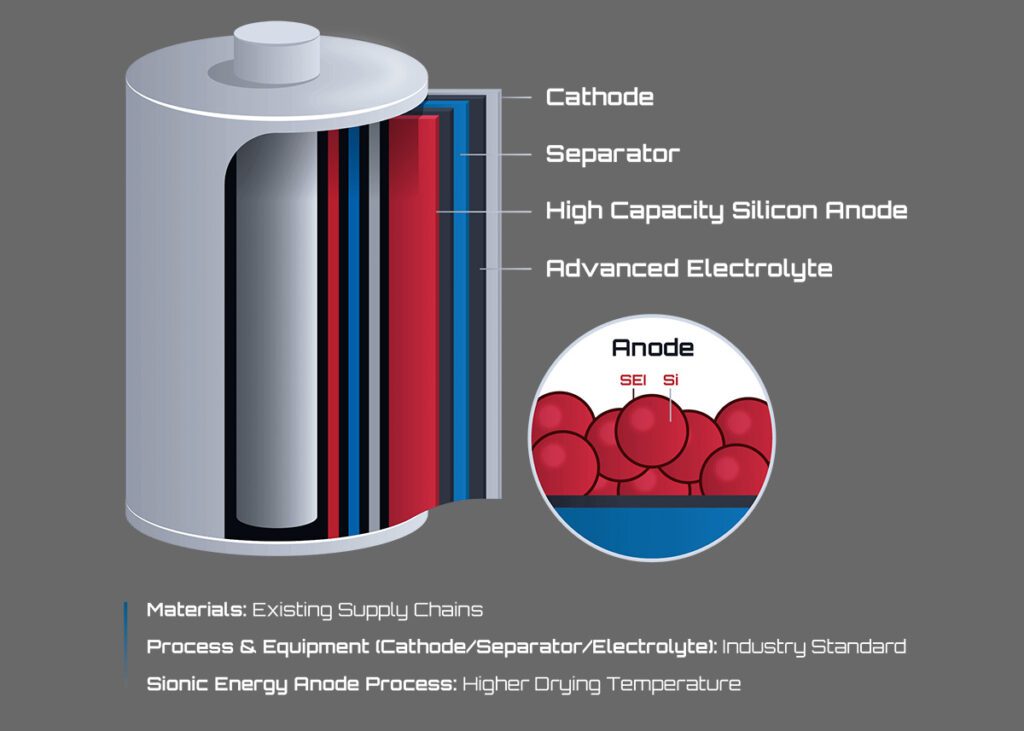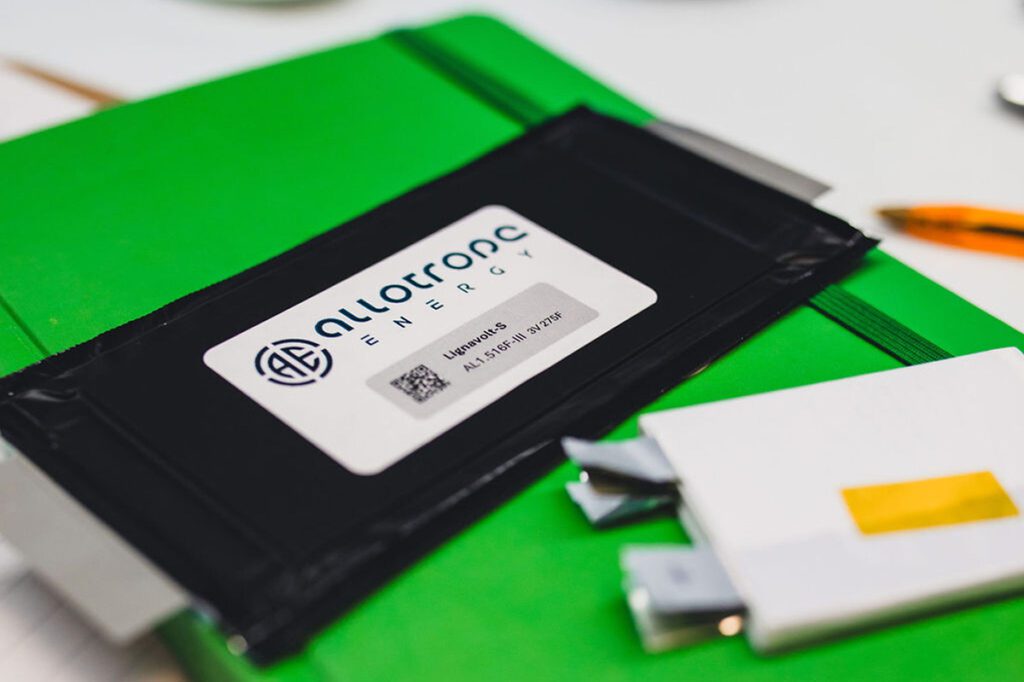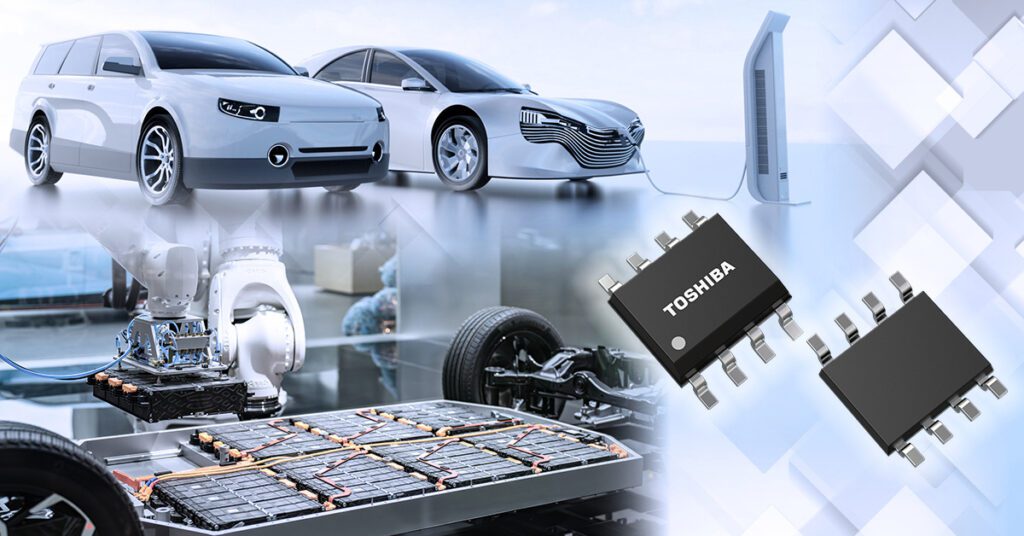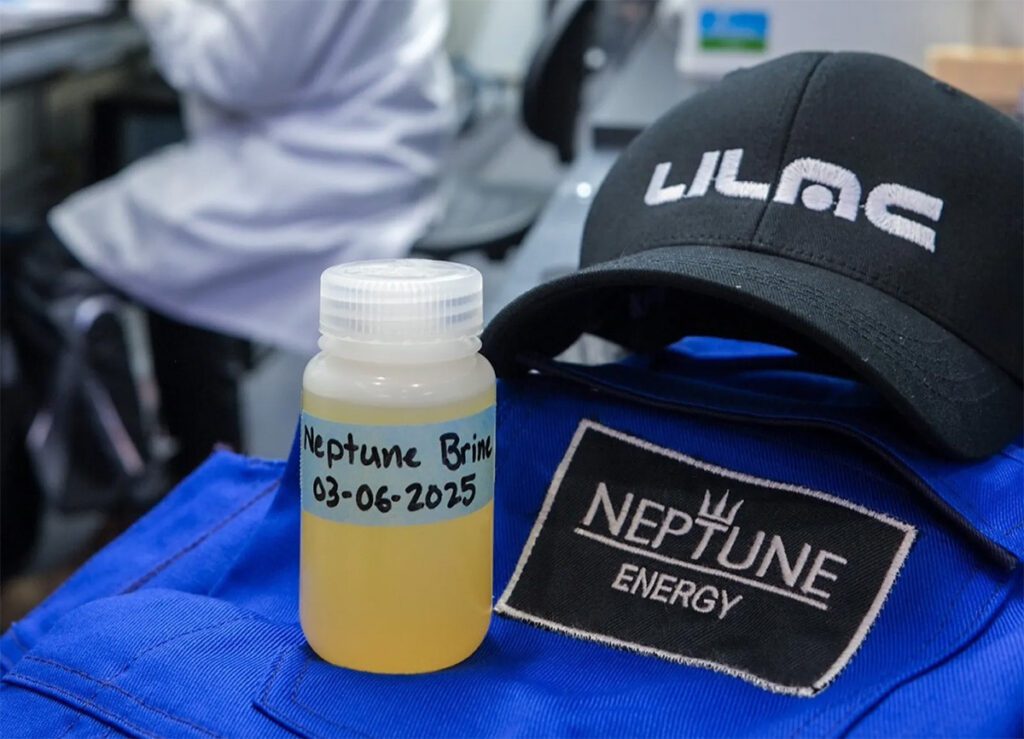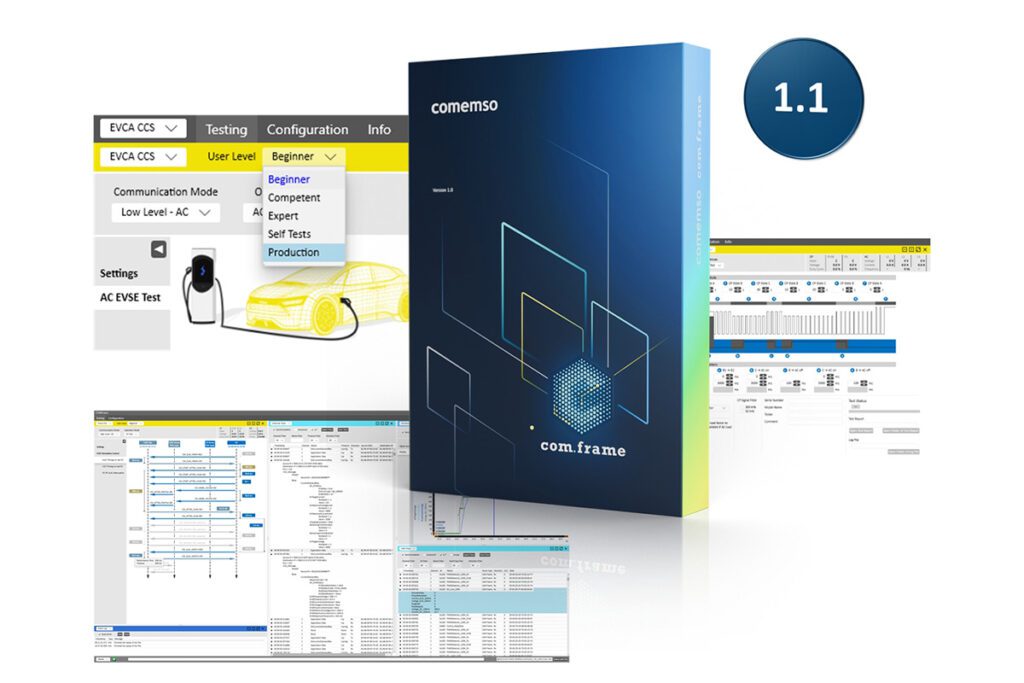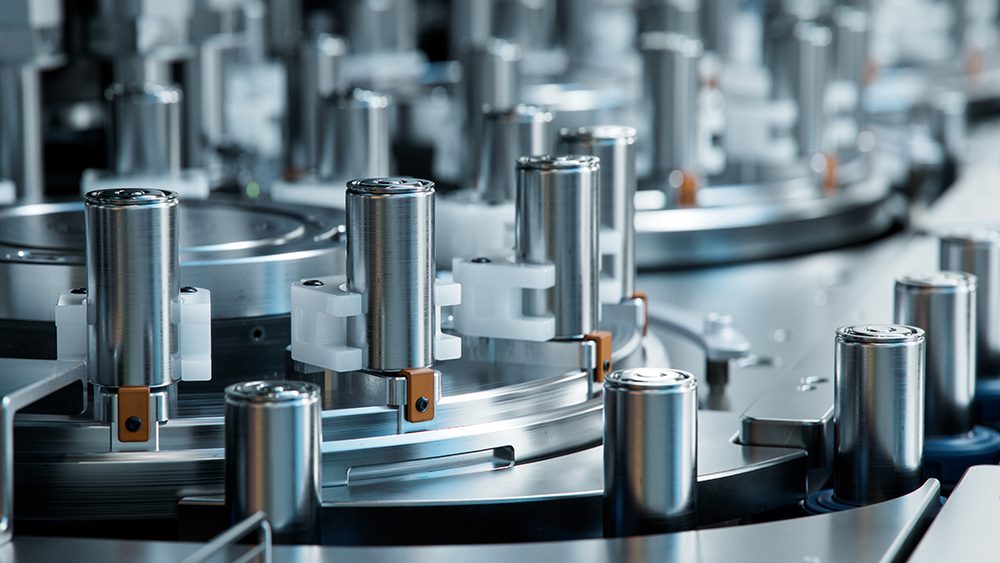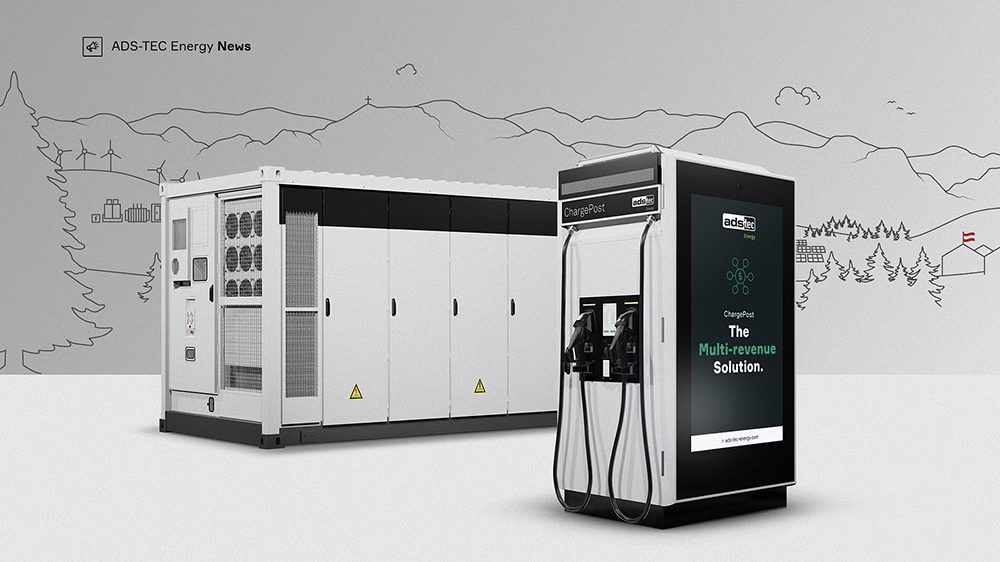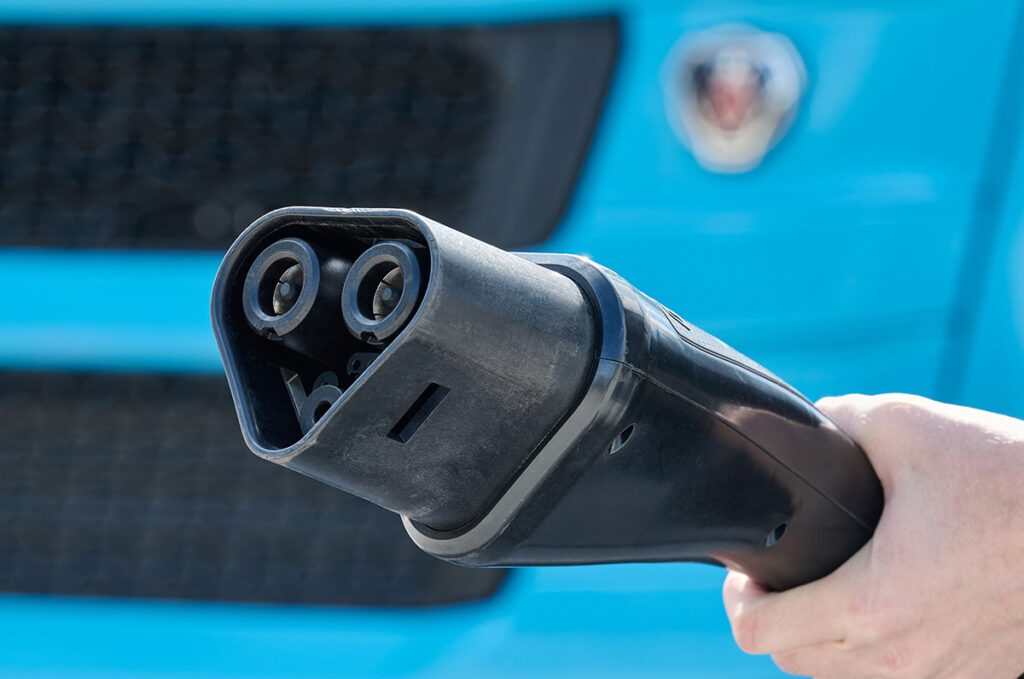A123 Systems (Nasdaq:AONE) showed once again why, in a business dominated by much larger firms, it’s a contender that can’t be counted out. Just days after the company conceded that its ability to continue operations was in doubt, it announced a new lithium ion battery technology called Nanophosphate EXT, and its stock price instantly accelerated to cruising speed.
Batteries made with A123’s new technology should be capable of operating at extreme temperatures without requiring thermal management. Existing lithium ion batteries function poorly at high and low temperatures, so most EVs use some sort of heating/cooling system to keep them within an optimal temperature range. A vehicle that didn’t need such a system would be lighter, cheaper, and possibly safer (it was a coolant leak that caused Volt batteries to catch fire in the famous NHTSA crash tests).
“By delivering high power, energy and cycle life capabilities over a wider temperature range, we believe Nanophosphate EXT can reduce or even eliminate the need for costly thermal management systems, which we expect will dramatically enhance the business case for deploying A123’s lithium ion battery solutions for a significant number of applications,” said David Vieau, CEO of A123 Systems. “We continue to emphasize innovation with a commercial purpose, and we expect Nanophosphate EXT to strengthen our competitive position in existing target markets as well as create new opportunities for applications that previously were not possible to cost-effectively serve with lithium ion batteries.”

Nanophosphate EXT is designed to maintain long cycle life at extreme high temperatures and deliver high power at extreme low temperatures. According to testing performed at the Ohio State University’s Center for Automotive Research (CAR), cells built with A123’s Nanophosphate EXT are expected to be capable of retaining more than 90 percent of initial capacity after 2,000 full charge-discharge cycles at 45 degrees Celsius. CAR has also starting testing cold temperature performance, which A123 expects will deliver a 20 percent increase in power at temperatures as low as minus 30 degrees Celsius.
“Based on our analysis, the performance of A123’s new Nanophosphate EXT at high temperatures is unlike anything we’ve ever seen from lead acid, lithium ion or any other battery technology,” said Dr. Yann Guezennec, a senior fellow at CAR. “Nanophosphate EXT maintains impressive cycle life even at extreme high temperatures without sacrificing storage or energy capabilities, especially as compared with the competitive leading lithium ion technology that we used on our head-to-head testing. If our testing also validates the low-temperature power capabilities that A123’s data is showing, we believe Nanophosphate EXT could be a game-changing battery breakthrough for the electrification of transportation, including the emerging micro hybrid vehicle segment.”
Source: A123 Systems
Image: A123 Systems







